Revin asupra acestui subiect. Cred că a fost cel mai semnificativ eveniment al anului, cu ramificaţii profunde pentru viitor şi un efect colateral imediat: alegerea lui Barack Obama în funcţia de preşedinte SUA (fără să fie singurul factor determinant, a contribuit substanţial la succesul fostului senator de Illinois). Peter Wallison este un economist specializat în industria finanţelor şi asociat cu American Enterprise Institute, un think-tank conservator american. În această prezentare oferită cu ocazia aniversării a 40 de ani de existenţă a revistei Reason, Wallison explică audienţei cauza fundamentală a crizei financiare (politici guvernamentale greşite urmărind uşurarea obţinerii de ipoteci pentru populaţia de culoare cu venituri mici) şi felul în care s-a desfăşurat distorsionarea pieţii imobiliare şi financiare.
Despre acelaşi subiect:
Criza financiară din 2008.








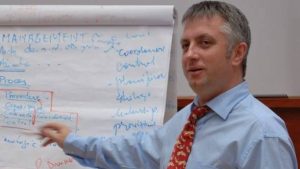


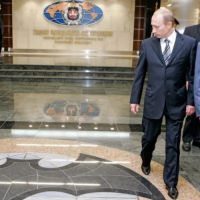

![marius-bostan-foto[1] marius-bostan-foto[1]](https://inliniedreapta.net/wp-content/uploads/elementor/thumbs/marius-bostan-foto1-qt9ywoo2b2lgv37b76h9qr5yo6db5vwzoxbuvd4e6o.jpg)


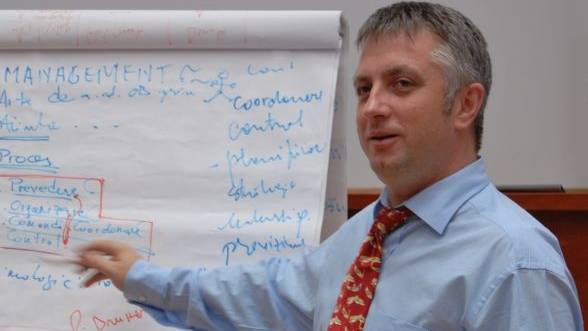
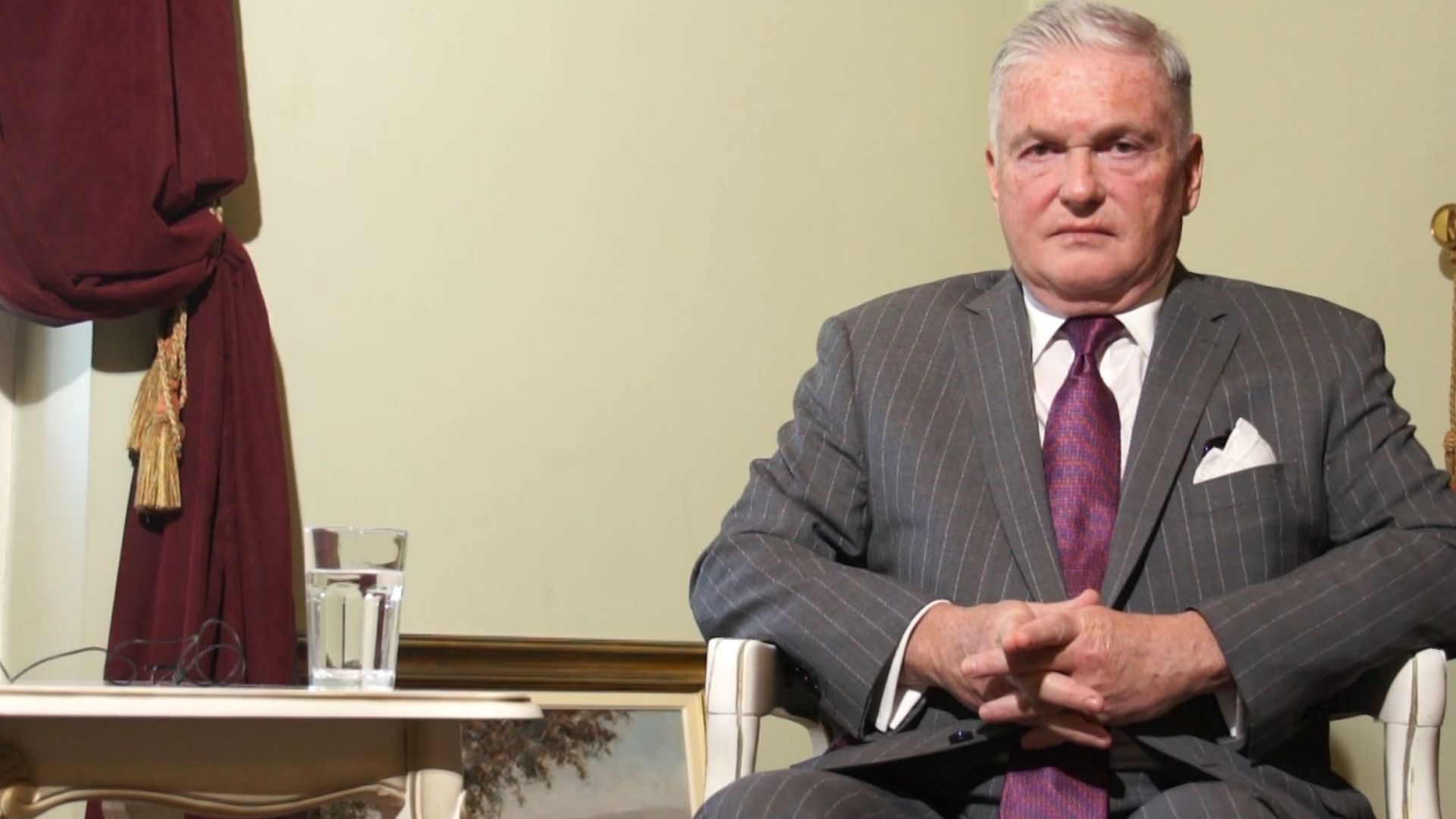

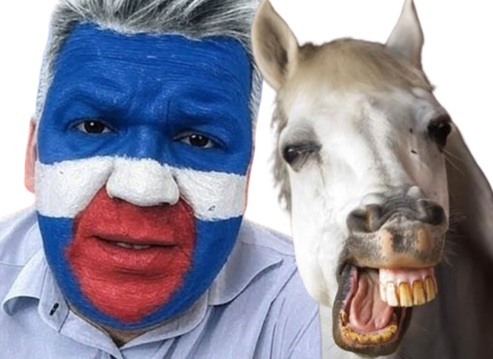

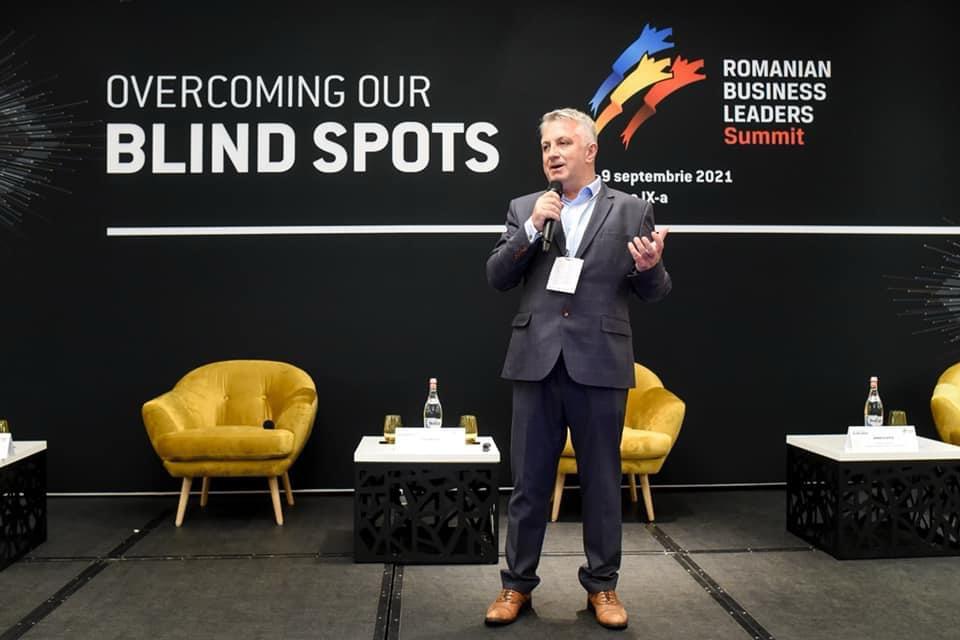
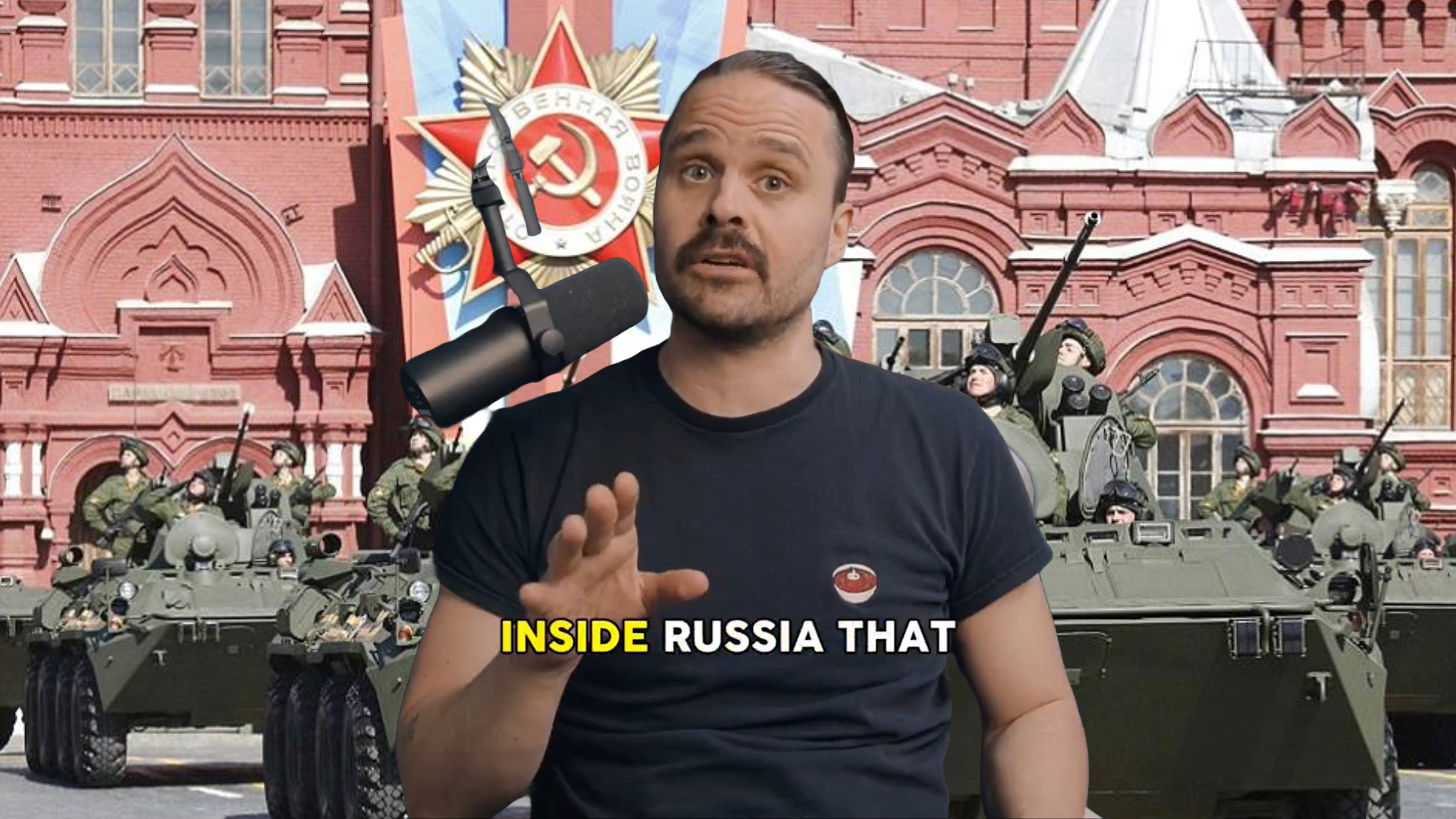

3 Comments
dr jones
22 December 2008http://www.whitehouse.gov/news…..218-2.html
MR. DeMUTH: It may be bad form to recall campaign rhetoric during a transition, but I remember President-Elect Obama during the campaign blaming the crisis on Bush deregulation. Do you have any opinion on that assessment of the causes?
THE PRESIDENT: I’m looking forward to the true history of this financial crisis being written. No question part of the crisis came about because of excesses in lending in the housing market. My administration early on expressed concern about implicit government guarantees and the mortgage industry in Fannie and Freddie, and that we were concerned about excesses in lending and concerned about Freddie and Fannie having too much capacity to lend because of this implicit guarantee. And so we called for a regulator.
But this will all be sorted out when they finally analyze what went right or what went wrong. When you’re the President, you can think about what went right and what went wrong, you can analyze it — but when you’re getting phone calls from the Secretary of the Treasury saying, we got to do something on AIG, otherwise there could be an international collapse, that’s where your mind is. And that’s where my mind — it turns out this isn’t one of the presidencies where you ride off into the sunset, you know kind of — (laughter) — waving goodbye.
MR. DeMUTH: Do you have — on Fannie and Freddie, do you have any advice for our new President, such as that they be abolished? (Laughter.)
THE PRESIDENT: No, my advice for all elected officials after this crisis passes is to remember that markets and free enterprise is what made the country great, and that these measures were temporary measures. They’re not an excuse for the government to be running automobile companies, if that’s the decision I make, or for the government to be always involved in mortgages; that there is a proper role for government, which is oversight; and that the role of government really is to create an environment in which risk-takers feel comfortable taking risk, and where capital moves as freely as possible.
That’s why I am a big believer in free trade, for example. Trade opens markets; trade gives — and fair trade, I might add — and trade gives people an opportunity to risk and have their products sold in environments other than the domestic environment.
The danger is, of course, that people who believe the government can manage the economy better than the private sector will use this decision as an excuse to keep government involved. And that’s why AEI is going to be important long after my presidency, to be talking about the merits of markets and the merits of free enterprise.
I hosted this international conference, and what was interesting out of the international conference was that people said we should defend the marketplace and defend trade. One of the great fears I have is — a couple of things — one, that the United States could become isolationist. We have done so in the past and it’s kind of a — could be a fatigue about helping liberate people, or helping people advance, or helping people on HIV/AIDS on the continent of Africa — you know, „we’re tired of doing this; can’t other people do it?” That could lead to isolationism. I’m very worried about that. The world needs America’s involvement. We’re a compassionate, decent, strong nation.
And I’m worried about protectionism. Protectionism tends to be the twin of isolationism. And I’m worried about protectionism because if you study the economic past, protectionism is what caused the Great Depression to be a greater depression — Smoot-Hawley tariff. If you’re interested in development and helping poor nations become less poor, then you ought to be an advocate for trade. It’s one thing to give out grants, but the amount of wealth generated by trade overwhelms the amount of money that the world gives out in grants.
poprik
22 December 2008a trecut criza!!!!!!!!!!!!!!
costin
22 December 2008poprik,
e abia la inceput criza. ai nitica rabdare.